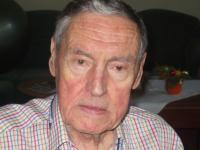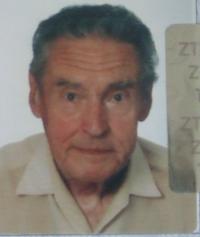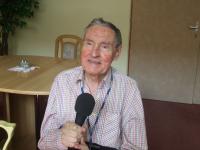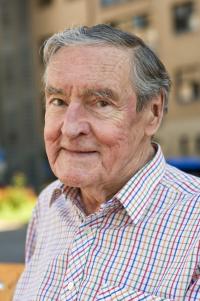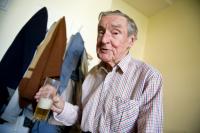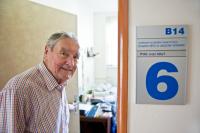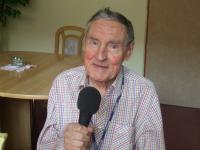Dad used to say: ‘This world is the most acceptable of all worlds!’ It’s a shame that I didn’t respect him I see now, that he was a great and wise man
Ivan Malý was born on the 13th of October 1922 in Dobřany near Pilsen, into a Catholic family. He was a single child. His father, head of the Asylum for the Mentally Ill in Dobřany (later they moved to the Bohnice asylum in Prague), taught him respekt for his country and for human life. Malý remembers his childhood summers in Dobřany, where there was a sizeable German minority that the Czechs considered to be enemies. The Czch and German children warred with each other, Ivan’s gang used to break the windows of German shops. In 1940 Malý joined an anti-Nazi youth group in Bohnice. They helped people that were called to “slavework” in Germany. The anti-Nazi hid a paratrooper from SSSR, Rudolf Vetišek. Malý produced potassium cyanide for the resistance. Vetiška was discovered and with him the whole group. Ivan Malý was tortured in the infamous Petschkov palace. He was held in an interrogation cell in Pankrác for several months, until being released towards the end of 1944. After the war, Communist Ivan Malý started working as an army medic in the Military Hospital in Prague 6. He did not take much notice of the political trials of the Fifties. He considered the executions of Milada Horáková, Heliodor Píka and others to be correct, as he believed that the convicted persons were “evil imperialist spies”. He agreed with the intervention of the armies of the Warsaw Pact in August 1968. He accepted everything his superiors told him. After 1989 he left the KSČ (Czech Communist Party) and, as he claims, has come to see things clearly.

